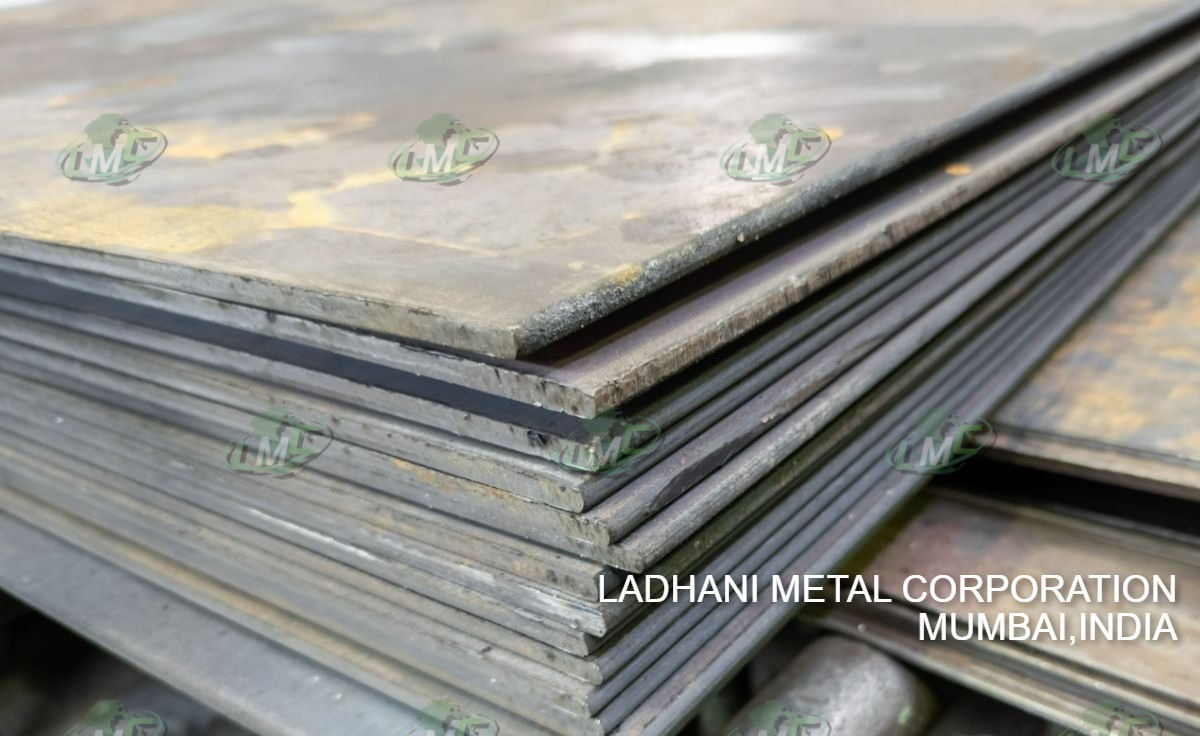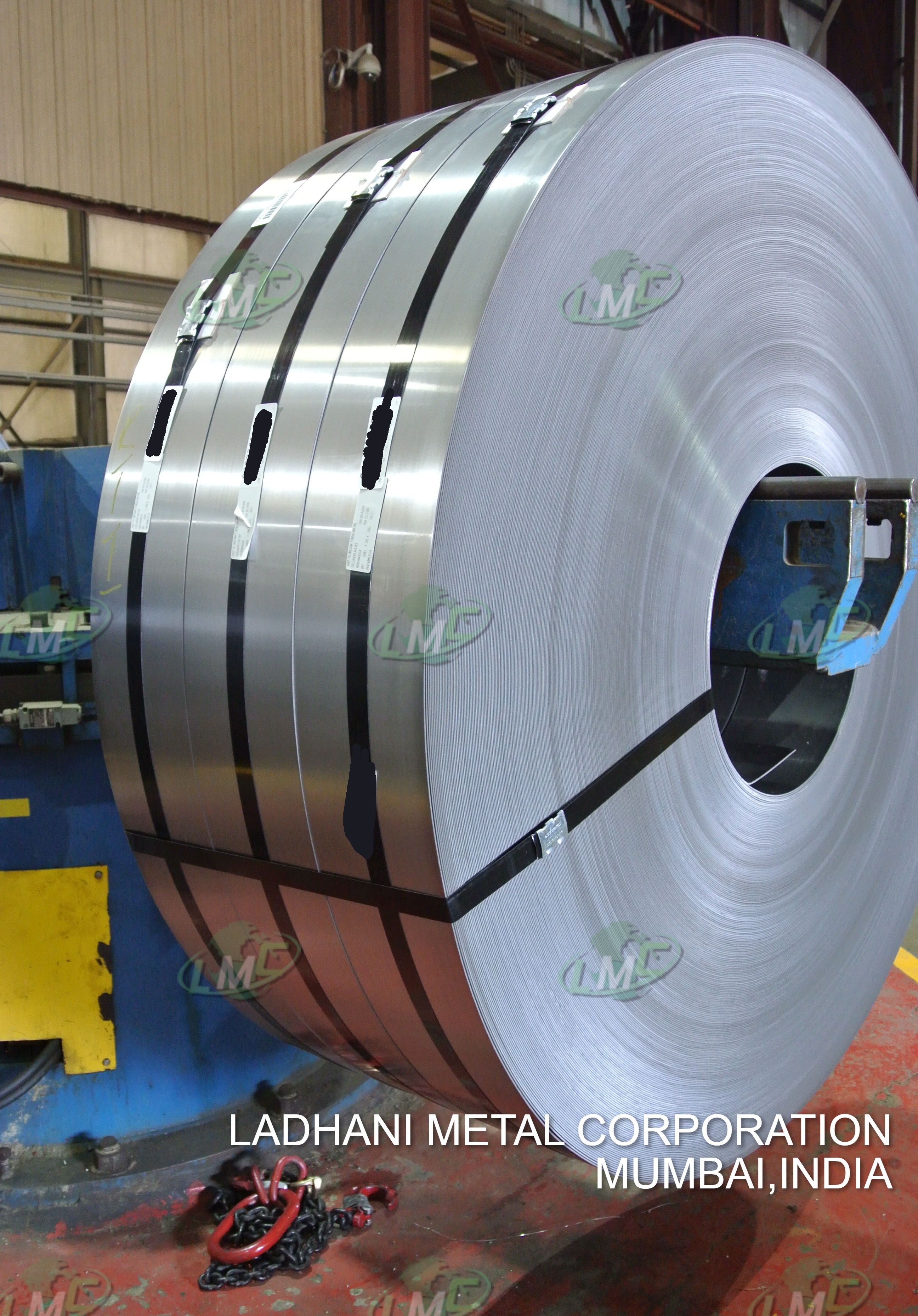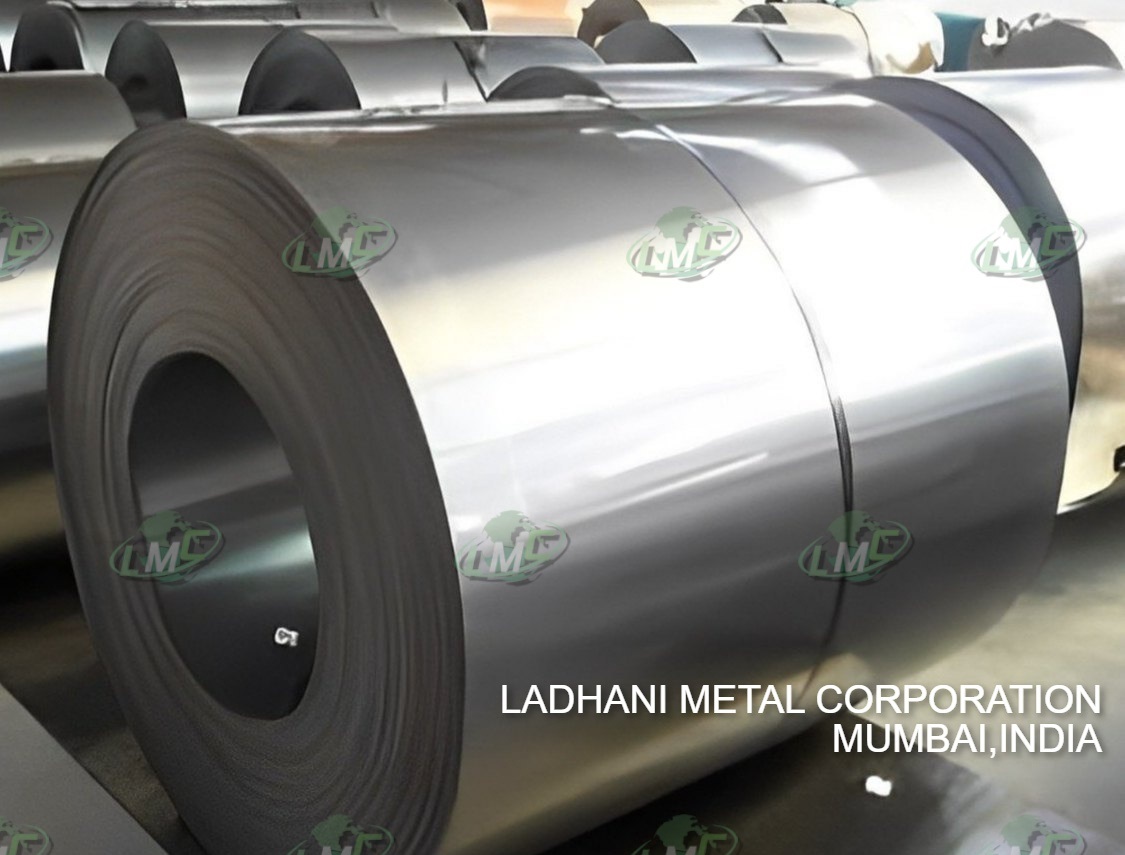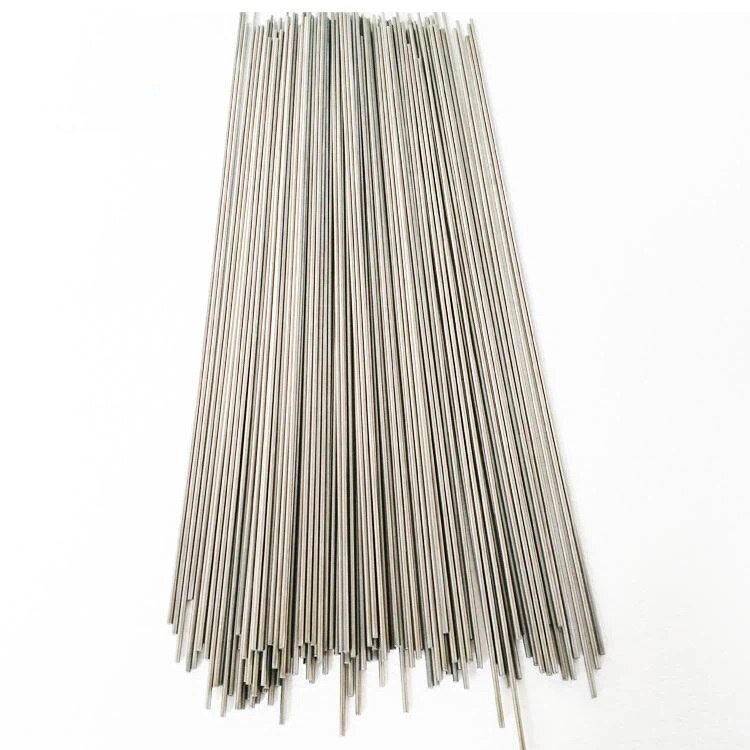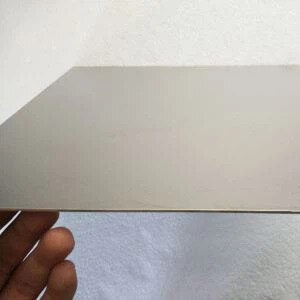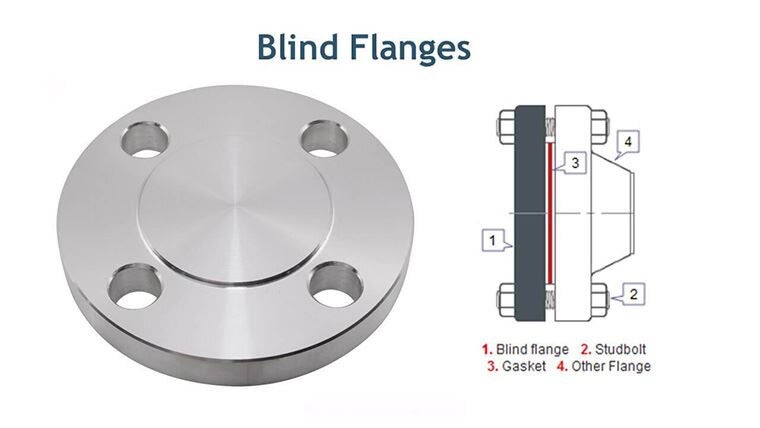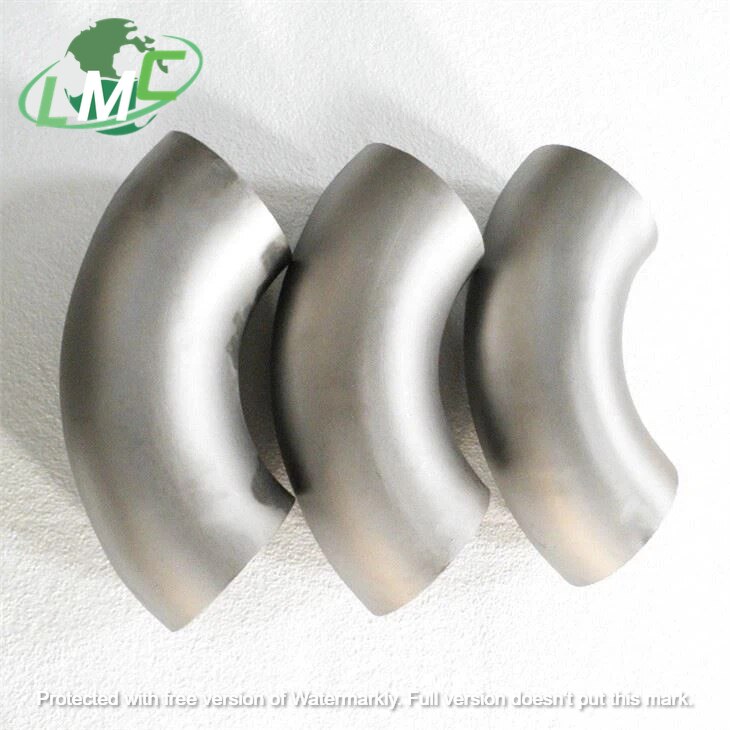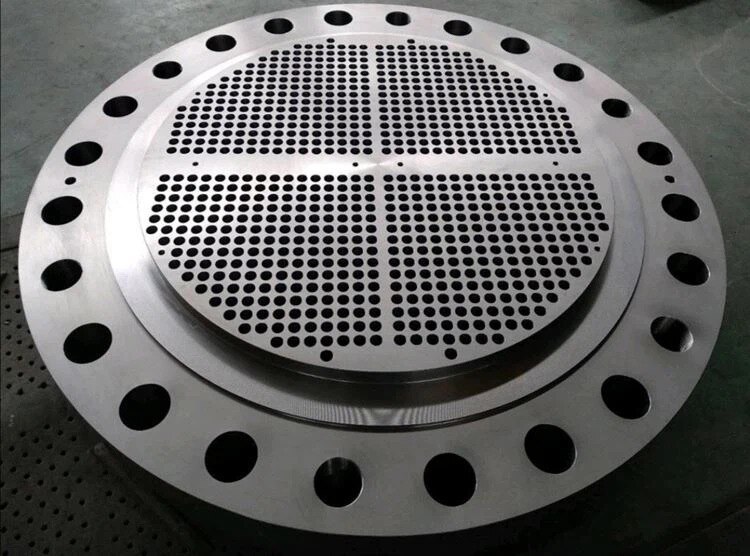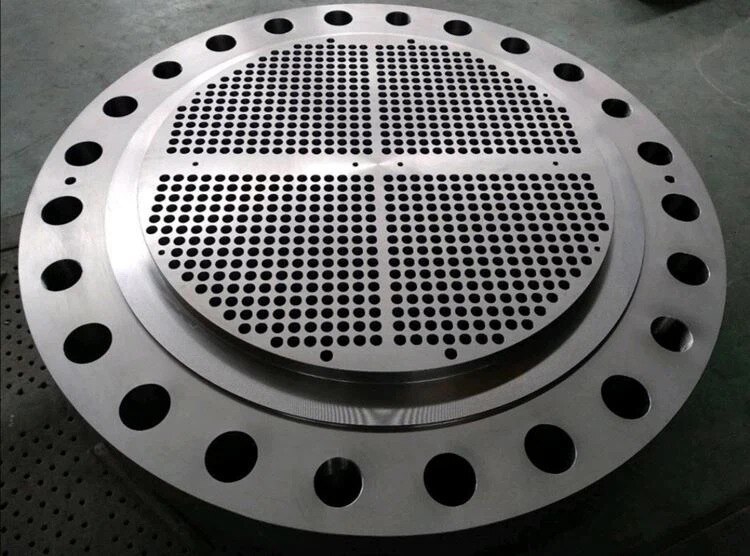WE LADHANI METAL CORPORATION ARE THE SUPPLIER OF EN 10152 DC01 SHEET, PLATE AND COIL QUALITY STANDARD MATERIAL NO. OLD DESIGNATION DC01 DIN EN 10152 1.033 ST 12-03 Cold-rolled flat steel DC01, according to the standard DIN EN 10152 Cold-rolled flat steel DC01 is a widely used material in the industrial sector, which is used for various applications in the cold forming process due to its excellent properties. The standard DIN EN 10152 are decisive for ensuring the quality and requirements of this material. DC01+ZE according to the DIN EN 10152 standard The DIN EN 10152 standard extends the requirements of DIN EN 10130 to include specific conditions for electrolytically galvanized products. This standard is crucial for applications in which corrosion protection plays an important role. Technical delivery conditions DIN EN 10152 specifies the technical delivery conditions for electrolytically galvanized, cold-rolled flat products. In addition to the chemical composition and mechanical properties, these conditions also include the specific requirements for the zinc coating. Chemical composition and zinc coating The chemical composition of the base material DC01 generally remains unchanged, but an additional electrolytic zinc coating is applied. This coating is used for corrosion protection and varies in thickness depending on the specific requirements of the application. The standard provides detailed specifications for the thickness and uniformity of the zinc coating to ensure optimum protection. Mechanical properties Even with galvanized products, the mechanical properties of the base material are largely retained. The standard ensures that the cold formability and strength of the steel are not impaired despite the additional coating. Corrosion resistance and surface quality One of the main advantages of products manufactured in accordance with DIN EN 10152 is their improved corrosion resistance. Electrolytic galvanizing protects the steel from rust and thus increases the service life of the end product. The surface quality also plays a decisive role here and can be supplied in various finishes, such as smooth or textured. WE CAN ALSO SUPPLY IN DIFFERENT PARTS OF INDIA LIKE: Mumbai,Delhi,Bangalore,Hyderabad,Ahmedabad,Chennai,Kolkata,SuraT,Pune,Jaipur,Lucknow,Kanpur,Nagpur,Indore,Thane,Bhopal,Visakhapatnam,Patna,Vadodara,Ghaziabad,Ludhiana,Agra, Nashik,Faridabad,Meerut,Rajkot,Kalyan,Vasai,Varanasi,Srinagar,Aurangabad,Dhanbad, Amritsar,Allahabad,Ranchi,Haora,Coimbatore,Jabalpur,Gwalior,Vijayawada,Jodhpur,Madurai, Raipur,Kota,Guwahati,Chandigarh,Solapur,Hubli,Bareilly,Moradabad,Gurgaon,Aligarh,Jalandhar,Tiruchirappalli,Bhubaneswar,Salem,Thiruvananthapuram,Bhiwandi,Saharanpur,Gorakhpur, Guntur,Bikaner,Amravati,Noida,Jamshedpur,Bhilai,Warangal,Cuttack,Firozabad,Kochi,Bhavnagar,Dehradun,Durgapur,Asansol,Nanded,Kolapur,Ajmer,Gulbarga,Jamnagar,Ujjain,Loni,Siliguri,Jhansi,Ulhasnagar,Nellore,Jammu,Sangli ,Belgaum,Mangalore,Ambattur,Tirunelveli,Malegoan,Gaya,Jalgaon,Udaipur WE CAN ALSO EXPORT IN DIFFERENT COUNTRY LIKE: Switzerland , Afghanistan , Albania , Algeria , Angola , AntiguaandBarbuda , Argentina , Armenia , Aruba , Australia , Austria , Azerbaijan , Bahrain , Bangladesh , Barbados , Belarus , Belgium , Belize , Benin , Bhutan , Bolivia , BosniaandHerzegovina , Botswana , Brazil , Brunei , Bulgaria , BurkinaFaso , Burundi , CaboVerde , Cambodia , Cameroon , Canada , CentralAfricanRepublic , Chad , Chile , China , Colombia , Comoros , Congo , CostaRica , Côted'Ivoire , Croatia , Cyprus , CzechRepublic , Denmark , Djibouti , Dominica , DominicanRepublic , Ecuador , Egypt , ElSalvador , EquatorialGuinea , Eritrea , Eswatini , Ethiopia , Fiji , Finland , France , Gabon , Georgia , Germany , Ghana , Greece , Grenada , Guatemala , Guinea , Guinea-Bissau , Guyana , Haiti , Honduras , HongKong , Hungary , Iceland , Indonesia , Iran , Iraq , Ireland , Israel , Italy , Jamaica , Japan , Jordan , Kazakhstan , Kenya , Kiribati , Kosovo , Kuwait , Kyrgyzstan , Laos , Latvia , Lebanon , Lesotho , Liberia , Libya , Lithuania , Luxembourg , Macau , Madagascar , Malawi , Malaysia , Maldives , Mali , Malta , MarshallIslands , Mauritania , Mauritius , Mexico , Micronesia,FederatedStatesof , Moldova , Mongolia , Montenegro , Morocco , Mozambique , Myanmar , Namibia , Nauru , Netherlands , NewZealand , Nicaragua , Niger , Nigeria , NorthMacedonia , Norway , Oman , Palau , Panama , PapuaNewGuinea , Paraguay , Peru , Philippines , Poland , Portugal , PuertoRico , Qatar , Romania , Russia , Rwanda , SaintKittsandNevis , SaintLucia , SaintVincentandtheGrenadines , Samoa , SanMarino , SãoToméandPríncipe , SaudiArabia , Senegal , Serbia , Seychelles , SierraLeone , Singapore , Slovakia , Slovenia , SolomonIslands , SouthAfrica , SouthKorea , SouthSudan , Spain , SriLanka , Sudan , Suriname , Sweden , Taiwan , Tajikistan , Tanzania , Thailand , TheBahamas , TheGambia , Timor-Leste , Togo , Tonga , TrinidadandTobago , Tunisia

